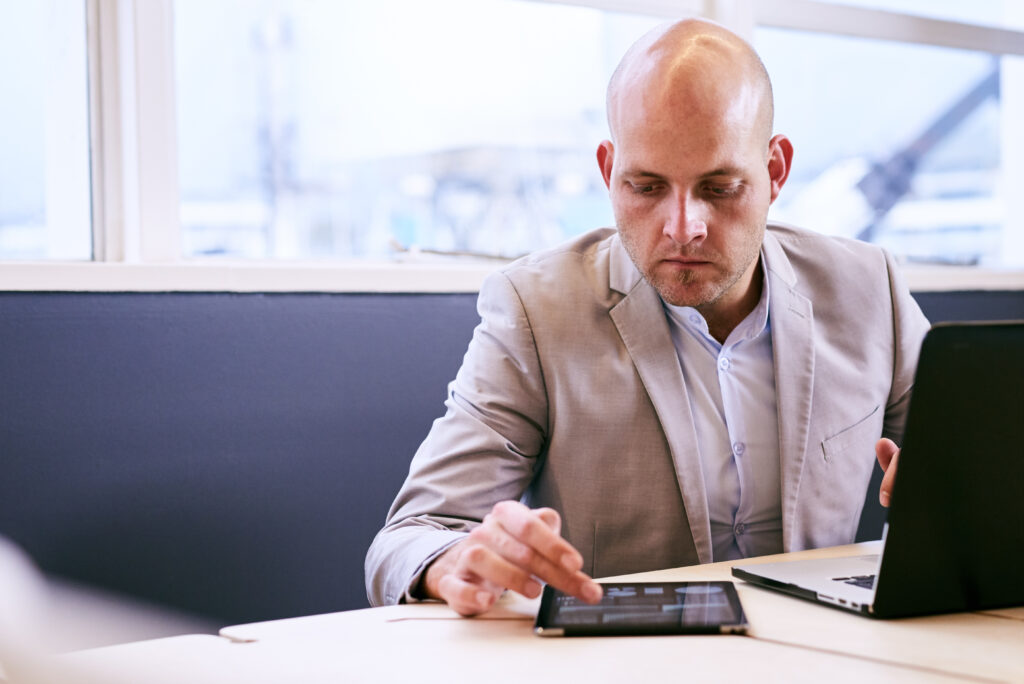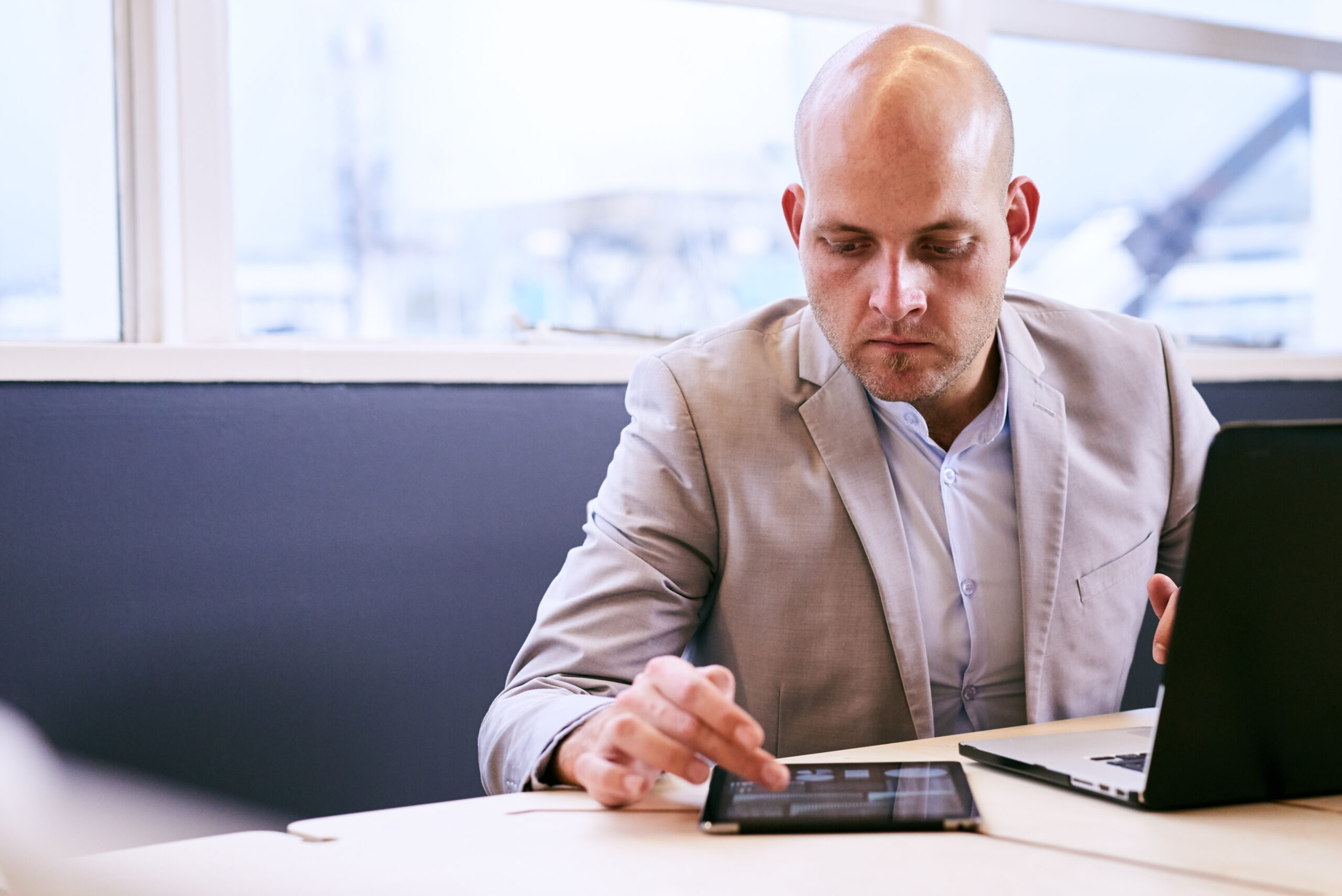Private equity firms face fierce competition for new deals. Even when the economy is strong, there could be dozens of groups vying for the same target.
When the deal market is stagnant, though, it can seem impossible to find a viable acquisition, let alone have the winning bid.
BluWave founder and CEO Sean Mooney encountered this challenge in his nearly 20 years in private equity.
“As the competitive tension of supply and demand intersected in private equity with more and more capital under management, chasing the same supply of deals was causing pressure for me to say, ‘I can’t just be a market taker anymore,’” Mooney recently shared. “’The surplus is being skimmed. I have to see something that no one else can see.’”
Mooney since started the Business Builders’ Network to help other leaders solve this very problem. He recently spoke with Andrew Joy, partner at Hidden Harbor, about how PE firms use specialized commercial due diligence providers to cut through the noise and rise above competitors.
So how do the world’s top private equity firms distinguish themselves in this cutthroat environment? One way is through commercial due diligence.

What is Specialized Commercial Due Diligence?
Specialized commercial due diligence can only be performed by firms that have deep experience in the target’s specific industry and are ready to go well below the surface to provide exclusive insights.
At a high level, a commercial due diligence project usually involves looking at a company’s market size, its total addressable market, conducting a competitive analysis and performing a voice of customer study.
READ MORE: What is Commercial Due Diligence?
“The goal of commercial due diligence is to validate the story that the target’s telling or to identify the reality of the marketplace out there so they can make an informed decision,” according to Don Jenkins*, the founding partner at one of the specialized diligence firms in the BluWave network.
While the details of the process are much more nuanced, a world-class CDD firm will be able to get up to speed faster, give private equity firms a deeper understanding of the business and equip them with a significant competitive advantage over other PE firms that conduct more general due diligence.
Looking Beyond the Acquisition
When PE firms consider buying a business, they aren’t just thinking about its present-day value. They’re also evaluating what an exit will look like and how much value they can create long-term once the company is no longer in their hands.
That’s why it’s so important for them to thoroughly investigate every potential target. Mooney said that PE firms have moved beyond a “trust but verify” mindset and are looking even longer term than they may have been a decade ago.
“You’re not building for the next five [years] because if nothing else, if you’re going to sell to the next person, there’s got to be some cream left to build it,” Mooney said. “If you’re only thinking three to five years ahead, you’re playing a chess versus checkers game.”
Differentiated Data
“As information and data have become more commoditized and more accessible, it’s becoming harder and harder to really find areas where you have a competitive advantage,” Joy said. “We like to say, ‘What’s our angle on this target or deal?’”
Mooney noted that investment banks do a great job exposing as much value creation as possible within a company. But PE firms that don’t dig deeper are going to be working from the same perspective as everyone else.
READ MORE: Data Consolidation: Benefits, Challenges, Processes
“The undifferentiated commercial diligence firm is calling the expert networks to get the insights about the markets that they’re sharing,” Mooney said. “Odds are if one over the other is not using a specialized group that sees something that the expert networks don’t, everyone’s getting beta. They’re spending hundreds of thousands of dollars on the sell-side study, which is calling two or three market network expert networks.”
Joy said that when PE firms use the same tools as everyone else, “that’s just the ante to get into the game.”
He added: “You really have to then figure out how this target or this opportunity fits within an angle that you can play. Whether that’s operationally, whether that’s commercially, so that you can justify to your committee why we think this asset is more valuable and we’re going to be the winning bid.”
Closing with Confidence
When commercial due diligence is done right, private equity firms can make acquisitions with confidence.
“By the time we close on a transaction, we have a really strong hypothesis around what are the value-creation levers that we are going to pull over our whole period to create outsized market returns,” Joy said. “And that’s informed by the commercial due diligence.”
When Hidden Harbor is deciding on a target, Joy said they like to ask where the company’s right to win is, and how they can get there.
“It’s amazing to see sometimes and that when you do a full cycle of investment from closing to selling and you look back and you say, ‘What were the three biggest value-creation drivers of our return?’ And you’re able to say, those were the three that we identified in diligence. That’s pretty powerful to have that amount of conviction and be right about that and being validated.”
BluWave has a close relationship with a deep bench of world-class, specialized commercial due diligence providers.
Each one has been vetted before joining the invite-only network and is re-vetted before they’re matched with private equity firms.
When you contact our research and operations team, they’ll connect you with a shortlist of service providers – with industry-relevant experience – in less than 24 hours.
Start your project today to get the differentiated insights that a specialized commercial due diligence provider can uncover.
*Privacy is important to us. While the source and company name have been changed, these are real quotations from a real service provider in the BluWave Business Builders’ Network.





